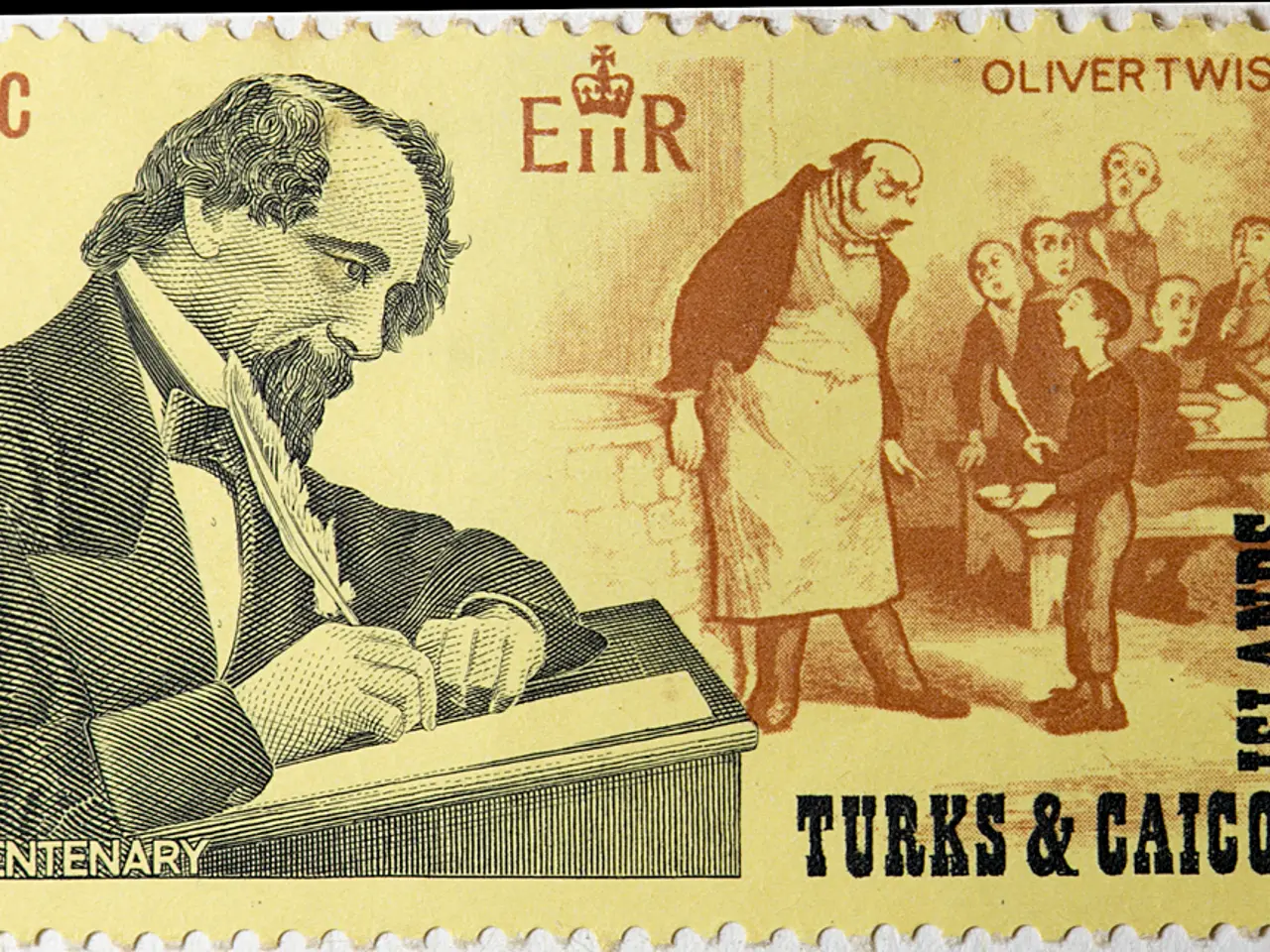Athens' Ancient State Analyzed Thoroughly in English Literature Research
Athens, the cradle of classical Greek culture, has had a profound impact on English literature. This influence can be traced back to the political and cultural environment that flourished under Athenian democracy, as well as the works of its renowned playwrights, philosophers, and historians.
Historically, Athens was the birthplace of democracy under Cleisthenes around 507 BCE. This political experimentation and the events such as the Persian Wars inspired a wealth of Greek tragedies, poetry, and philosophy that have become foundational texts for English literary tradition. For instance, Aeschylus's Persians, a work inspired by the Persian Wars, showcases Athenian valor and liberty – themes that resonate in English drama and literature, especially in treating ideas of governance, war, and liberty.
Literarily, Athens is central through its classical authors. Playwrights like Aeschylus, Sophocles, and Euripides, who crafted Greek tragedy in Athens, established dramatic conventions and explored profound human and political themes. Their works shaped the structure and themes of English drama and poetry, with Aeschylus often called the father of tragedy.
Philosophers such as Socrates, Plato, and Aristotle, who taught and wrote in Athens, contributed foundational ideas on ethics, politics, and rhetoric that influenced English literary theory and practice. Historians like Herodotus, often called the father of history, shaped narrative history and inspired historical writing in English.
The legacy of these Athenian contributions continues directly into English literature. During the Renaissance, humanists rediscovered, translated, and adapted Athenian works and ideals. This includes the use of classical themes, forms, and rhetorical techniques, as well as the inspiration from democratic ideals and philosophical concepts that originated in Athens.
Shakespeare, a prominent English playwright, adapted Greek tragic conventions, such as hubris and fatal flaws, into his own plays, like Macbeth, Hamlet, and King Lear. Thomas More's "Utopia" echoes Plato's ideas on political thought, particularly the ideal state and the role of the philosopher-king. The Socratic method, a form of cooperative argumentative dialogue, was applied in English literature, particularly in the Renaissance, as a way of exploring philosophical issues in dialogue form.
Plato's belief in the philosophical pursuit of truth resonates in English literature's exploration of the tension between appearance and reality, as seen in Shakespeare's "Hamlet" and John Milton's "Paradise Lost".
Today, the lessons of Athens, particularly on democracy, justice, and identity, remain applicable as we continue to struggle with these issues. Athens' intellectual and cultural accomplishments provide a foundation for contemporary writing and continue to influence authors' approaches to philosophical, social, and political issues.
In conclusion, Athens' influence on English literature is undeniable. From democracy and philosophy to drama and historiography, Athens has been a wellspring of classical genres, democratic ideals, and philosophical groundwork that English literature has absorbed and reinterpreted through the centuries.
Shakespeare's plays, such as Macbeth, Hamlet, and King Lear, exhibit Greek tragic conventions, showcasing humankind's flaws and hubris. Contemporary authors continue to grapple with the themes of democracy, justice, and identity, following the footsteps of Athens, the intellectual and cultural cradle that has influenced English literature for centuries. essays highlighting Plato's philosophical ideals, like the tension between appearance and reality, can be found in works like Shakespeare's Hamlet and John Milton's Paradise Lost. Shakespeare, a renowned playwright, borrowed from classical Athenian literature, adapting dramatic conventions, themes, and philosophical ideas for his own work. Scholars routinely analyze the impact of Athenian plays, poets, philosophers, and historians on English literature, making connections between Socratic dialogues, Shakespearean plays, and modern literature.







